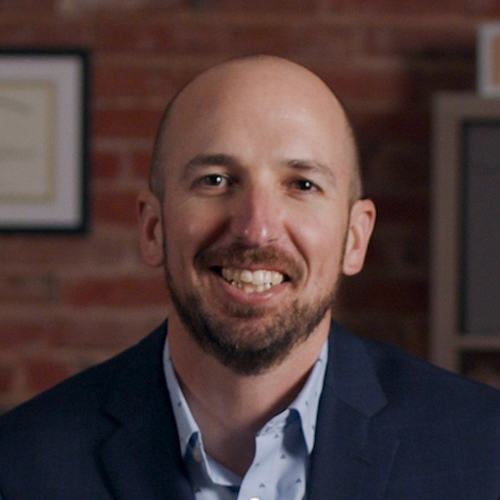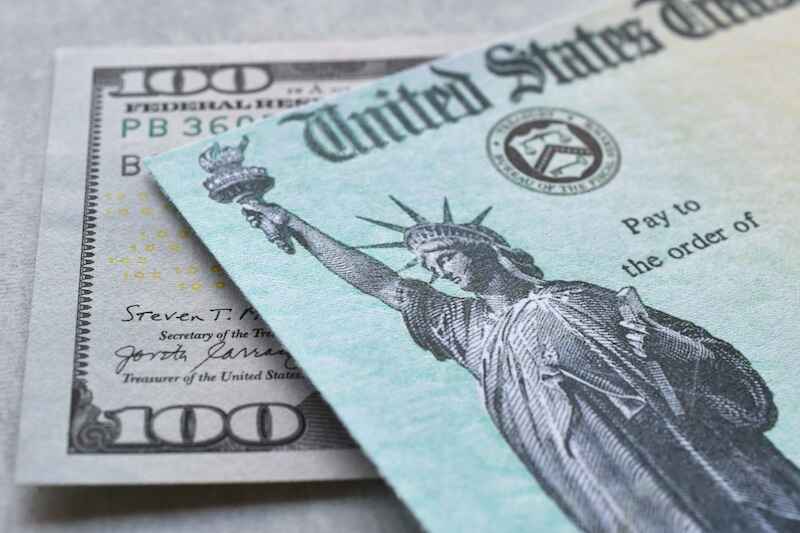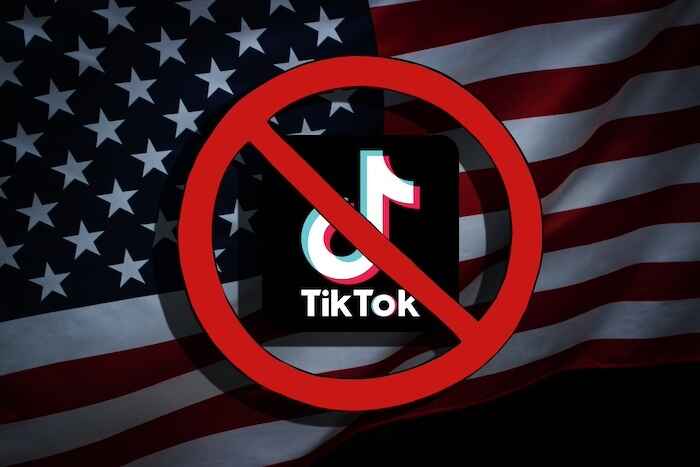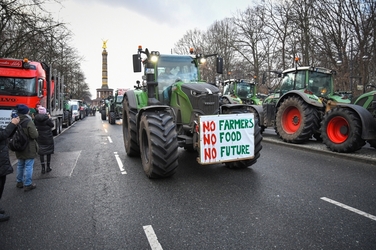Why You Must Build Your Own Safety Net
Andy Snyder|August 20, 2020

Do you have a backup plan?
If so, is it really any good?
Earlier this week, a friend asked about our time flying around in old floatplanes in Alaska. She wanted to know our most harrowing tale.
Easy… the time we got stuck in a downdraft.
Cool air came rushing down the face of a mountain. No matter how much power we gave it, it’s as if we were stuck in a balloon that was falling to the ground.
We couldn’t climb fast enough to get out of it.
For our soul’s sake, our pilot (and roommate) had a backup plan. Without hesitation, he read the gauges, figured out why we were sinking and turned us around… slowly corkscrewing us up and out of the man-eating canyon.
If the old Vietnam bomber pilot didn’t have a backup plan, our bones would still be scattered along that snow-lined cliff.
And with that, we bring some dire news…
Are You on This List?
In February, the government released some troubling figures.
At the time, 1 in 5 Americans was caught up in the nation’s “safety net.”
That meant 20% of the nation was getting food stamps, Medicaid or some other means-tested help.
That was before the current crisis and before the government began writing checks to nearly all Americans… and began paying employers to keep workers on the payroll and not inflate the “official” unemployment rate even higher (a story the media never caught on to).
This ever-widening safety net brings us to a core tenet of personal finance.
It’s one of the most overlooked and misunderstood aspects of investing and wealth planning.
It’s your personal safety net.
In other words, what should you stash away so you never have to rely on Uncle Sam?
Getting this answer right is the key to financial freedom… and yet everywhere we look, we see the same bad advice. Stash away six months of living expenses, the “experts” say.
But before we show you why that number is not based on reality, we must overcome a mighty objection.
We hear it all the time.
“Why shouldn’t I rely on the government?” folks ask. “That’s what that money is for.”
Like Heroin on a Bad Day
We’ll leave the obvious moral objections to relying on somebody else’s money aside. Clearly, morality isn’t a big motivator for the populace these days.
Too bad.
But there are other pragmatic reasons not to rely on the government.
The first is an idea we’ve written about before.
It’s like the old-school farmer who told us that the chemicals he was spraying on his field were just like medicine.
“Humans take pills to keep them healthy,” he said. “This stuff is like pills for plants.”
Hmmm… makes sense. At least until we test the idea in the real world.
The old boy failed to mention that if we spray for one weed, another will rise.
Or that when we spray to kill fungus… the fungus that remains will be stronger and more resistant to future sprayings.
Perhaps worst of all, many farmers are now wondering what to do with all the metals that have been deposited in their soil by years of “popping pills.”
In other words, a short-term stint on a government program may not be all that bad. But because of the law of unintended consequences, few folks get in and get out.
In fact, most folks who receive food stamps don’t get help for a tough month or two. Some 40% get caught up in the program for three to four years.
That’s the biggest problem with government safety nets.
They create massive economic distortions.
We’ve all seen it. Folks choose to stay at home because they “can make more money not working.”
It’s infuriating. But it’s also financially stupid.
In a word, it’s shortsighted. It creates a system of dependence.
A job isn’t supposed to be about merely collecting a paycheck today… It’s also supposed to be about collecting a bigger paycheck tomorrow.
And food stamps don’t give promotions. They don’t provide 401(k)s… job skills… or upward social movement.
They provide nothing but cheap, processed food.
Relying on Uncle Sam is like relying on heroin to get you through a tough day. It’s not going to end well.
Instead, you must build your own safety net.
But what does that look like?
Does the 70-year-old retiree with a pension, Social Security and a half-million-dollar nest egg really need six months of living expenses in cash?
Does the 55-year-old with no mortgage get the same advice as the 35-year-old who just bought his first house?
How about the small-business owner with his house on the line?
And here’s a question that’s never talked about… Just when should you use that money?
They’re all good questions.
We’ll answer each of them tomorrow…
What does your safety net look like? Tell us about it at mailbag@manwardpress.com.

Andy Snyder
Andy Snyder is an American author, investor and serial entrepreneur. He cut his teeth at an esteemed financial firm with nearly $100 billion in assets under management. Andy and his ideas have been featured on Fox News, on countless radio stations, and in numerous print and online outlets. He’s been a keynote speaker and panelist at events all over the world, from four-star ballrooms to Capitol hearing rooms.





